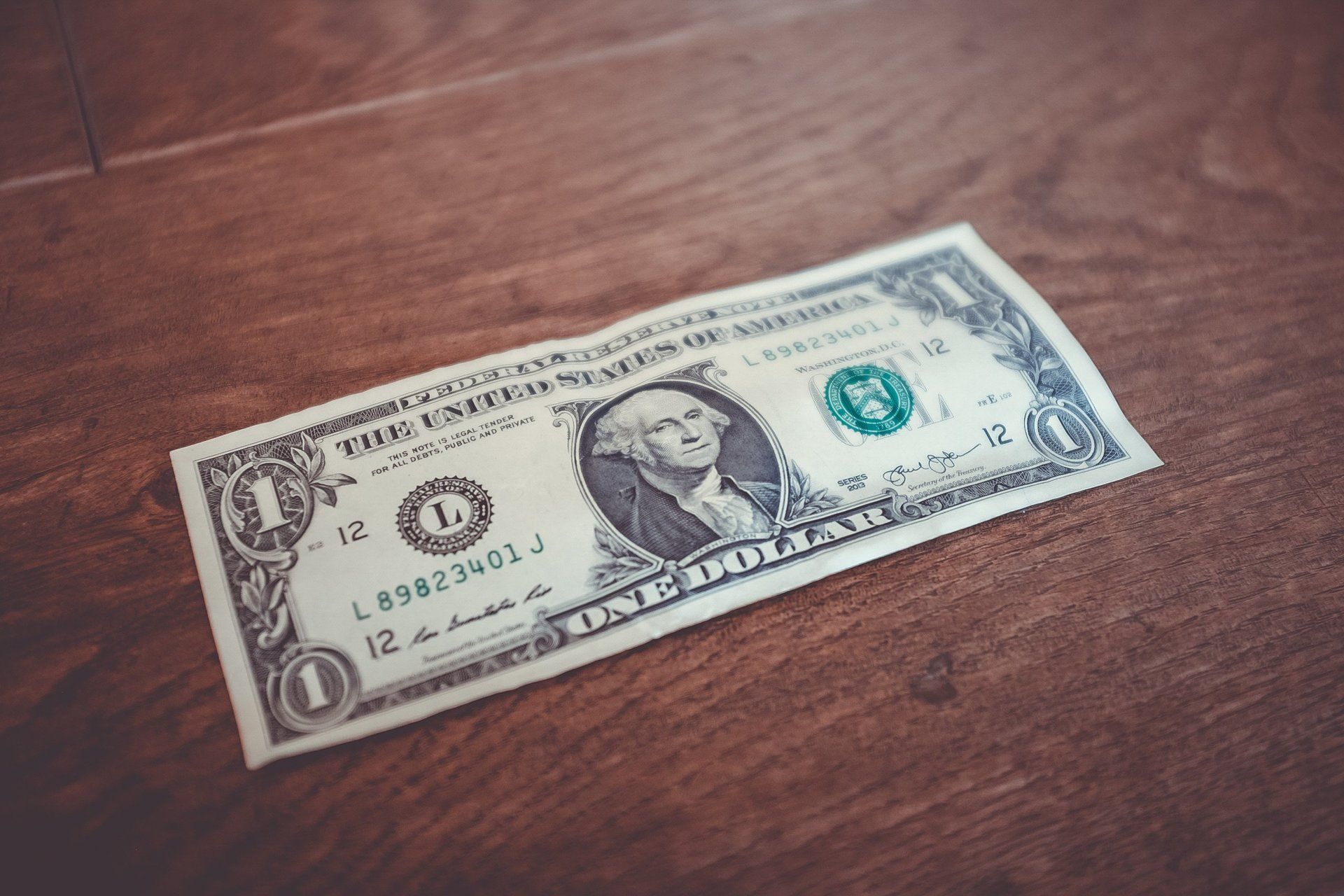Can being the victim of credit card fraud lead to bankruptcy?
Can being the victim of credit card fraud lead to bankruptcy?
Fraudulent charges on credit cards are being reported at a greater rate than in the past. In April of 2020, Fidelity National Information Services noted that there was a 35% year-over-year increase in the number of fraudulent credit transactions reported. This is an alarming trend that should concern anybody with a credit card.
So what happens if you’re victimized by credit card fraud? Could you end up in bankruptcy court? Maybe. Here’s what you should know:
- You’re probably protected from major financial harm. The short answer is that fraudulent transactions on your credit cards shouldn’t lead to bankruptcy because of the Fair Credit Billing Act. This act limits the amount that you might be responsible for to $50 when there’s unauthorized use of your credit cards.
- You don’t enjoy the same protection with your debit card. While a lot of people use their debit cards like a credit card, they are not. A debit card isn’t covered under the Fair Credit Billing Act. Instead, it’s handled under the Electronic Fund Transfer Act, which limits your responsibility to up to $500 if you don’t report the activity for more than two business days. That could let a thief do some serious damage to your finances.
While you might not have to file bankruptcy for fraudulent credit card transactions, you might face financial difficulty if you have to deal with unauthorized use of your debit card. Many people are just a paycheck away from financial disaster. Ultimately, you’ll have to take a serious look at your finances to determine whether you need to file bankruptcy or not. If you do need to file bankruptcy, carefully consider the ways that it might impact you. For many, this could be a fresh financial start that removes some monetary stress from them.








